CAMBRIDGE UNIVERSITY PRESS – A GUIDE TO PREPARING YOUR
1 Hotel 1868 1868 Massachusetts Avenue Cambridge ma 0214013 FROM MARKET IMPERFECTIONS TO MARKET FAILURES SOME CAMBRIDGE
2013 TIANJIN NORMAL UNIVERSITY SUMMER PROGRAM AT CAMBRIDGE UNIVERSITY
2285 MASS AVE SUIT 204 CAMBRIDGE MA 02140 PHONE
24HOUR CONTACT LIST OF CAMBRIDGE BIOTECH INDUSTRY REPRESENTATIVE(S) FOR
525222-cambridge-pathway-press-release-template
Cambridge University Press – A guide to preparing your proposal:
Cambridge University Press – A guide to preparing your proposal:
The function of the proposal is to demonstrate to the Cambridge subject editor, sales and marketing staff, external referees, and Press Syndicate that the book you propose will be a valuable addition to the literature and an economically viable publishing proposition. In general, the more you can tell us about the book the better as this will help the reviewers and the Press to gain an accurate picture of what you intend. We strongly advise you to show your outline to your immediate collaborators, students (if it is a text) and other professional colleagues, and that you consider their opinions before sending your proposal to the Press. This will almost certainly help you to write a well-balanced proposal and may speed up our reviewing process.
Procedure
Your proposal and any supporting material will be read by the appropriate Cambridge editor, who will discuss it with colleagues. If we feel that your proposed book is potentially suitable for the Cambridge list, the proposal will then normally be sent to independent, external reviewers, who observe strict rules of confidentiality. The comments of our own staff and a summary of those from outside anonymous reviewers will be communicated to you, and you will be invited to reply to them - indicating how you might plan to alter your original proposal in light of their feedback.
After this stage, well-supported proposals will be put forward for consideration by the Press's governing body - the Press Syndicate. This is an official committee, comprising 18 senior University academics from a wide variety of disciplines, which meets every two weeks during term time (and monthly during the vacations). At these meetings the Press editors recommend proposals to the Syndicate for publication. When a recommendation is accepted by the Syndicate, a contract is then offered to the author(s) or editor(s). Your editor will let you know how long this process is likely to take.
Business arrangements relating to publication can be discussed with your editor at any stage. Please do let us know if you have any particular concerns or requests in this regard.
Content
The amount and type of information you give should be the amount and type you yourself would need if you were asked to assess a proposal from another authority in your field and to comment on the potential market for such a book. Your proposal should include:
Detailed notes about these various aspects are given below.
The choice of title is important and should be given careful thought. It should be as informative and descriptive as is compatible with a short, bold statement. Further clarification of the topic and level may require a subtitle. Your Press editor will help advise you on appropriate wording for the title and subtitle.
Reasons for writing
Please tell us why this is a good topic for you to write on at this time, why you feel motivated to write a book now, and why you believe there will be a good market for your proposed book. It may be that a Press editor has encouraged you to write; it may be that the impetus has come from your students or your colleagues; perhaps you yourself have felt the need for a new book on the subject for your own work or teaching; or it may be that you teach a course and want to produce a book to accompany it. You may have other reasons.
Content
We need to know as much as possible about the proposed structure and content of the book. The subject area and the way you will present the topics should be stated clearly. Any scheme you draw up at this stage will inevitably change as writing proceeds and your book grows and develops, but we encourage authors to think very carefully about how best to structure their book at this early stage. As you prepare your outline, you may find it useful to consider these questions:
What themes, concepts and ideas will you develop?
Is the book based on a course you teach or on a conference you have helped to organise or have attended? If so, please give details.
Will your book sit comfortably in one of the series of books in the Cambridge programme, or do you consider it to be a stand-alone volume?
If your book is intended as a textbook, what kind of pedagogical features will it include? Do you plan to include features such as case studies, worked examples, student exercises/problem sets, solutions, focus boxes, a bibliography, a glossary etc.?
How long, in words or printed pages, do you expect the finished book to be? Will the book be illustrated by line drawings, photographs, tables, graphs, maps or in any other way? Will the book require any colour illustrations or fold-out maps/illustrations? Please note that the length of your book and features such as colour images will determine the cost of producing the book and may affect the final retail price. If you think that the internal text design of another Cambridge title would particularly suit your own book, we would be pleased to consider your suggestions.
Please give a list of chapters and a paragraph or two about the content of each, or at least detailed subsection headings. If you have already prepared one or more sample chapters, we should be glad to have a copy. Alternatively, it may be useful for you to send us copies of any review articles, lecture notes, or book chapters you have written if they cover similar material or are in a similar style to that which you propose for your book.
Readership and Level
Please tell us about the readership and market you expect to reach with the book. Is the book for general readers, for undergraduates to buy or to use for reference, for advanced students, for research workers, for practitioners or professionals in your field, or for scientists or professionals in disciplines other than your own? Is the book targeted at researchers/students in a particular university department or is it multidisciplinary - with a market across several subject areas? If you think your book may attract more than one kind of reader, please make clear who you think will be the primary market for the book.
The book you are going to write will most probably fit into one of the following broad categories:
Is the book for general readers, for undergraduates to buy or to use for reference, for advanced students, for research workers, practitioners or professionals in your field, or for scientists or professionals in disciplines other than your own?
How would your book compare with others on the market or that you know are in preparation?
Would your book compete with or complement others on similar subjects?
Textbooks
In this context, a textbook is best defined as a book designed for use by a college or university student, and will probably be recommended by the course instructor. It may be used to explain and expand the content of a particular lecture course or series of courses which students are expected to attend. Alternatively, it may be suitable for self-study or as supplementary reading on a range of courses. A textbook's coverage may be truly comprehensive or relatively specialised, depending on the type of student to whom it will be directed. It should be sufficiently wide in its appeal to be suitable for courses other than your own.
In your proposal, please indicate the courses for which your book may be appropriate, and whether it would be suitable as a primary text or as supplementary reading. Please state the level of course for which the book would be appropriate (undergraduate/graduate and year) but bear in mind that course levels differ between institutions and countries. What would typical courses for this readership be called and what level of pre-requisite knowledge would they require? What is the size of the enrollment for such courses at your own institution? Would your book be suitable for a one or two semester course?
Monographs
In a scientific monograph, an expert (or at most two or three authors working together on the book) describes and discusses the area of his or her own expertise for the benefit and interest of others with the same level of knowledge. In general, monographs are most useful to the scientific community where there is an established body of knowledge to be summarised and critically evaluated. Tell us how many years you expect your exposition to remain up-to-date and whether your own work is central or peripheral to the main themes to be developed.
Multi-author or edited works
Most multi-author or edited works are written for a readership of other academic researchers, professionals or practitioners, but they may also be written for graduate students, or occasionally even for undergraduate students.
Ideally, edited works should be well-thought-through reviews of a subject in which both the chapter topics and the contributors have been carefully selected by the volume editor(s) to ensure that the resulting book is as comprehensive, coherent and integrated as possible. A scientific meeting, symposium or workshop may generate material which can be published in this form, but it should be noted that the STM group at Cambridge University Press does not generally publish proceedings volumes that are simply collections of papers presented at a particular meeting. If you do want to edit a book based on a meeting, then it is essential that the chapters are written expressly for the book and are not transcriptions of presentations, that you have selected only the best contributions from the meeting, and have, if necessary, supplemented these with specially commissioned chapters to ensure that the book is fully rounded and cohesive.
For all edited works, please give us the contributors’ names and affiliations, chapter titles and, ideally, short abstracts of each chapter in the order in which they will appear in the book. Have all the contributors been approached and/or agreed at least in principle that they will contribute? Tell us how and why you have selected the topics and contributors for the chapters and how they fit together. How will you ensure that the resulting chapters are of a consistent standard and level? You might want to consider whether external peer-review will be necessary for some sections or for the book as a whole. Please also indicate a timetable for contributors to submit first drafts to you, and an estimate of when you think the volume will be in final form and ready to send to the Press for production.
Reference books
This type of book typically collects together and summarises all the information available in one area. That area may be wide or narrow, but it is important that it is covered comprehensively. Currently there is a good demand for specialist dictionaries, encyclopedias and other types of reference handbook in all areas of science, medicine and technology. Such books may be organised thematically or alphabetically. A proposal for this type of book should include a provisional list of topics to be included and, if possible, some specimen pages. Please also provide information on how you see the intended readership using the book.
Practitioner guides
Another important type of book in the more applied areas of science, technology and medicine is the practitioner guide - a book that provides step-by-step, practical guidelines for a particular technology, technique or procedure. Such books include technical manuals, practical handbooks, clinical references and pocket guides, and might be used in the office, laboratory, clinic, workshop or in the field. Please be sure to include details of your own practical experience that makes you well qualified to write or edit such a book.
Competing and comparable books
How does your book compare with others in the subject area? Your Press editor may be familiar with the literature but will probably not have the same in-depth knowledge of the subject area as you, or have copies of competing titles from other publishers to hand. It is therefore very helpful to the editor, as well as our marketing and sales teams, if you can outline how your book will compare with other books on the market. What is the existing competition for your book? Please give us details of the most relevant titles, indicating their relative strengths and weaknesses. What unique features or focus will your book have? Do you know of any other related books that are in the process of being written? If you are proposing to write a textbook your editor may ask you to complete a Competitor Grid- available as a download from this site. If possible, please also give examples of books from the Cambridge list in this area that most closely resemble the book you intend to write (in terms of level, style, or topic).
Electronic supplements/products
Will your book project include any kind of electronic supplement, either in the form of a CD-Rom or an associated webpage? The STM group at Cambridge University Press is particularly keen to utilize the internet to make ancillary electronic materials available for its book products. These might include solutions to exercises, electronic figure files, Powerpoint presentations, datasets, computer codes/software, video-clips, lab materials, field study guides, charts, posters or other types of appendix to the book. Web-based materials can be hosted on the author's homepage or on the Press's website, and can be password protected. The Press is also eager to receive proposals for electronic-only products, such as online dictionaries and electronic teaching aids.
About the authors/editors
Please give a brief account of each author or editor's present academic interests and position or professional affiliation, with a list of any recent publications and any other information you think might help demonstrate your credentials for writing the proposed book (for example, do you teach a course on which the book is based?). If the book is an edited volume, please also provide the names and affiliations of each contributor, together with an indication whether or not they have agreed to contribute to the volume, at least in principle.
Time-frame for completion
Please give us an estimated schedule for completing your book project, bearing in mind the time necessary for preparing any artwork. We understand that you will probably have to fit your writing around other professional commitments so please be realistic about how long it is likely to take you to finish your book. Your editor can help suggest a sensible time-frame.
New editions
The Press is also keen to consider proposals for new editions of existing books (previously published by Cambridge or by another publisher). Proposals for new editions should contain essentially the same information as for a completely new title and should emphasise the changes and new material that the new edition will include. Please send us a copy of the last edition of the book, as well as sales figures for the previous edition and copies of any reviews. Your Press editor will be able to advise you regarding any copyright issues relating to a new edition of your book.
Special/bulk sales and subsidies
Please let us know if you think there may be potential for special bulk sales of your proposed book to related companies or societies. You may also want to consider the possibility of soliciting subsidies towards the cost of producing your book. Many organizations do award such sponsorship to help in the publication of academically worthy projects that might not otherwise be financially viable.
7 SE43(11)82 12TH MEETING OF SE43 CAMBRIDGE 13 –
9 CAMBRIDGE EDITION OF THE WORKS OF SAMUEL RICHARDSON
ACCESS THE FINEST SCHOLARLY CONTENT THROUGH CAMBRIDGE BOOKS ONLINE
Tags: cambridge university, by cambridge, press, cambridge, university, guide, preparing
- CANDACE STRANG PHD 333 HOLLY CREEK COURT THE WOODLANDS
- COLORADO DEPARTMENT OF LABOR AND EMPLOYMENT DIVISION OF OIL
- REGULACIJSKI NAČRTI MAKSA FABIANIJA NA OBMOČJU DANAŠNJE OBČINE MIREN
- NZQA EXPIRING UNIT STANDARD 8772 VERSION 7 PAGE 3
- OBLIGATIILE PERSOANELOR BENEFICIARE DE ALOCATIE FAMILIALA COMPLEMENTARA SAU DE
- LIBRARY OF CONGRESS CLASSIFICATION OUTLINE CLASS Z BIBLIOGRAPHY
- 16 S YGN AKT III AUA 48207 W
- 17 | PAGE PRETENDIMI I RREGULLIMIT SHKRUAJTI ABDUL KERIM
- IN ZWEIFACHER AUSFERTIGUNG EINZUREICHEN HHST HJ 20 ) ÜBERSICHTNR
- STANDING ORDER TO THE MANAGER DATE
- 3 FORMBLATT D3 ANTRAG AUF ZULASSUNG EINER
- COMUNICADO Nº 10CD2010 “SOBRE LA CREACION DE JUSDEM” LA
- THE FUTURE OF CONSUMER LAW – THE PERSPECTIVE FROM
- FACULTAD DE CIENCIAS DE LA EDUCACIÓN PREMIO A LA
- 1RIQUEZA AMBIENTAL ESPACIOS NATURALES LUGAR DE INTERÉS COMUNITARIO
- RESEARCH PASSPORT APPLICATION FORM – VERSION 51 08JUL2020 PLEASE
- SYTUACJA EPIDEMIOLOGICZNA GRYPY NA TERENIE MIASTA KRAKOWA W I
- S BODØ KOMMUNE BOLIGKONTORET POSTBOKS 319
- LOGO AUTRE FINANCEUR FORMULAIRE DE DEMANDE DE PAIEMENT DU
- FIRST NAME FAMILY NAME …………………………………………………………………… DATE OF BIRTH ………………………
- ANALISIS PERBEDAAN TARIF RUMAH SAKIT DAN TARIF INACBG’S PELAYANAN
- MARRAKECH PROCESS ON SUSTAINABLE CONSUMPTION AND PRODUCTION TASK FORCE
- MEMÒRIA DE L’ACTIVITAT PROMOGUDA PEL CLUB ANY DADES DE
- VEILEDER FOR KOMMUNALE TILSYNSMYNDIGHETER SOM UTFØRER TILSYN MED ASYLMOTTAK
- CCSAPAH8 PREPARE FOR POTENTIAL DISASTERS O VERVIEW PART OF
- LA TELEVISIÓN DEL FUTURO LA EXCITACIÓN SE ASOMÓ AL
- PROGRAMA DE FORMACIÓN EN INTEGRACIÓN ANDINA PARA FUNCIONARIOS JÓVENES
- TEACHER BACKGROUND UNIT 2 OCEAN CURRENTS AND THE
- WYKŁADY – SEMESTR I POJĘCIE POSTĘPOWANIA CYWILNEGO ŹRÓDŁA PRAWA
- THE MILWAUKEE INVENTORY FOR THE DIMENSIONS OF ADULT SKIN
 MUNKAANYAG MÓDSZERTANI ÚTMUTATÓ AZ INFORMATIKA SZOLGÁLTATÁSOK SZAKMACSOPORT SZAKMAI
MUNKAANYAG MÓDSZERTANI ÚTMUTATÓ AZ INFORMATIKA SZOLGÁLTATÁSOK SZAKMACSOPORT SZAKMAI CURRICULUM VITAE G VENKATA RAMESH REDDY (CLINICAL PERFUSIONIST) MOBILE
CURRICULUM VITAE G VENKATA RAMESH REDDY (CLINICAL PERFUSIONIST) MOBILEINTERNATIONAL MAPLE SYRUP INSTITUTE JANUARY 12TH 2016 THE BOARD
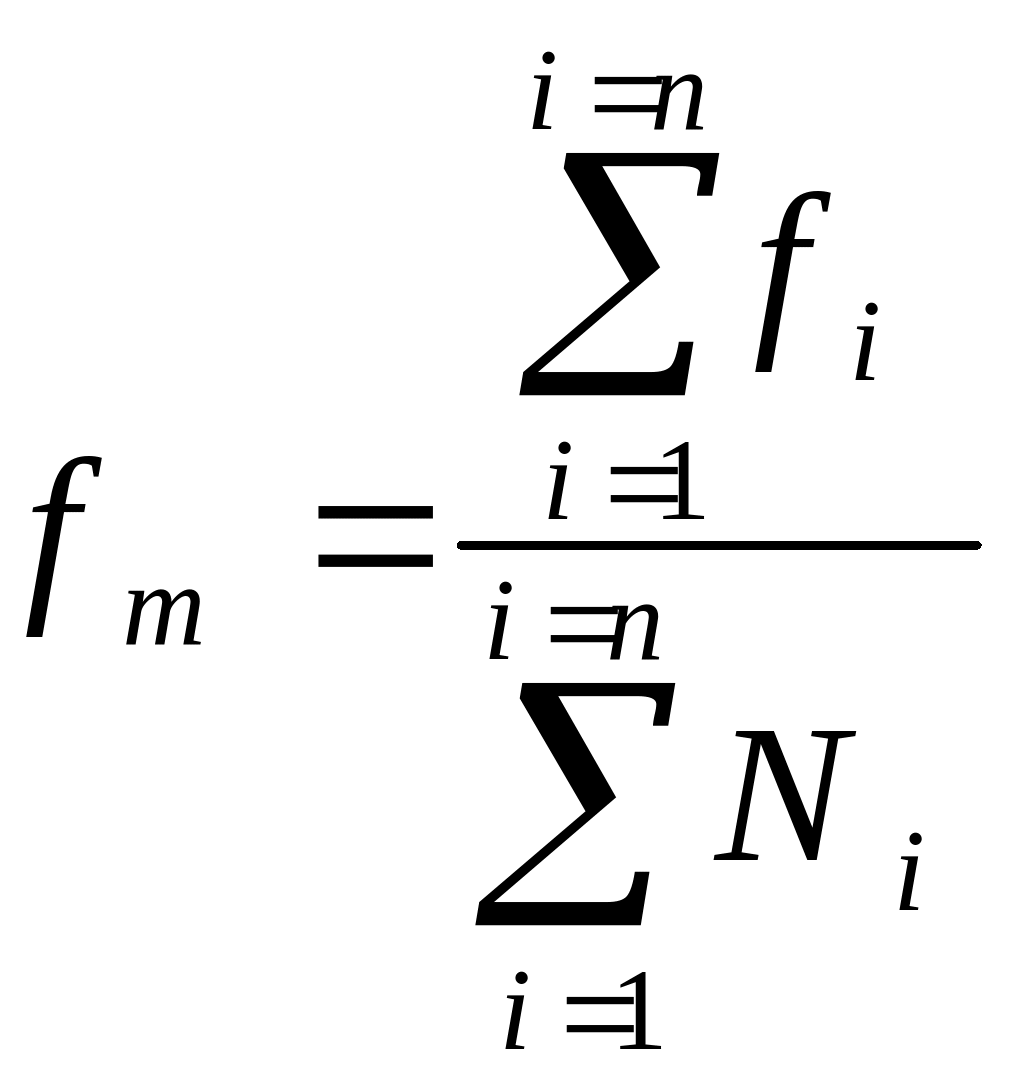 ESTIMATIVA DOS PERFIS DE HIDROMETEOROS PARA A REGIÃO DE
ESTIMATIVA DOS PERFIS DE HIDROMETEOROS PARA A REGIÃO DE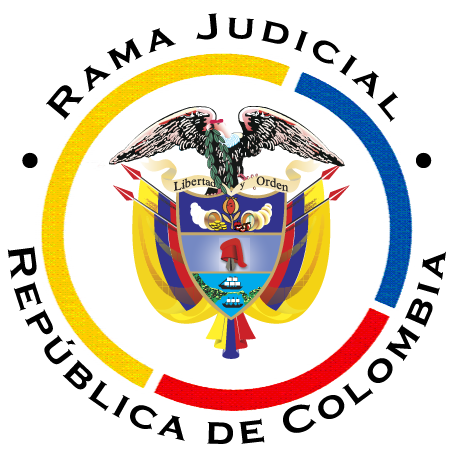 RADICACIÓN Nº 70001333300920180005200 YANERIS LÁZARO ESTRADA VS ESE HOSPITAL
RADICACIÓN Nº 70001333300920180005200 YANERIS LÁZARO ESTRADA VS ESE HOSPITALPRESSEMELDING ”HESTMANDEN” OG KONG HARALD SAMLER 240 KRIGSSEILERE 240
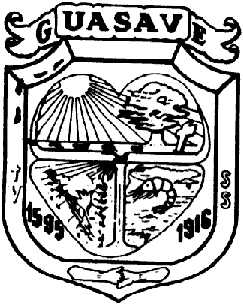 LIC RAÚL INZUNZA DAGNINO PRESIDENTE MUNICIPAL DEL H AYUNTAMIENTO
LIC RAÚL INZUNZA DAGNINO PRESIDENTE MUNICIPAL DEL H AYUNTAMIENTO HARVARD UNIVERSITY OFFICE OF THE GENERAL COUNSEL MODEL SERVICES
HARVARD UNIVERSITY OFFICE OF THE GENERAL COUNSEL MODEL SERVICESPLAN DE CAPACITACIÓN DENOMINACIÓN DEL PLAN DE CAPACITACIÓN (MARQUE
REPORTE DE PARTIDAS SISTEMA PARA EL DESARROLLO INTEGRAL DE
FORM 20 SUBSECTION [48(2)] NOTICE OF ELECTION (NAME
DÉSIGNATION DE L’AVOCAT PAGE 2 NO DE DOSSIER
PROSZĘ WYPEŁNIAĆ CZYTELNIE DRUKOWANYMI LITERAMI GDYNIA DN …………………………………………
УТВЕРЖДАЮ ПЕРВЫЙ ЗАМЕСТИТЕЛЬ НАЧАЛЬНИКА ОТДЕЛЕНИЯ ЖЕЛЕЗНОЙ ДОРОГИ ДС
BOILER ROOM (2000 USA) BY BEN YOUNGER MAIN CAST
 WYDAWNICTWO ESTRELLA PLAN ROZWOJU FIRMY W PIERWSZYCH PIĘCIU LATACH
WYDAWNICTWO ESTRELLA PLAN ROZWOJU FIRMY W PIERWSZYCH PIĘCIU LATACH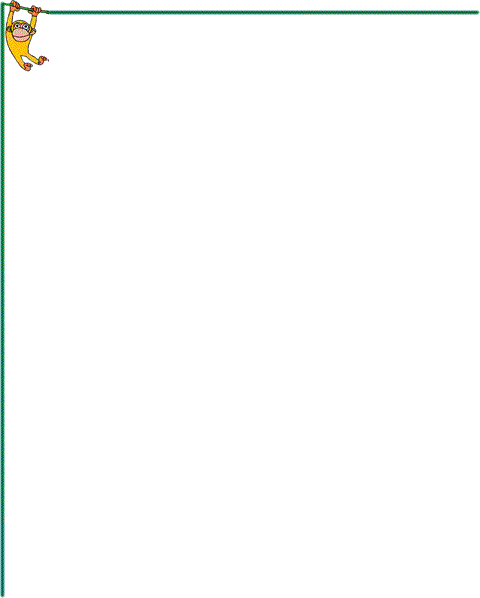 FIVE LITTLE MONKEYS BY DR JEAN FIVE LITTLE MONKEYS
FIVE LITTLE MONKEYS BY DR JEAN FIVE LITTLE MONKEYS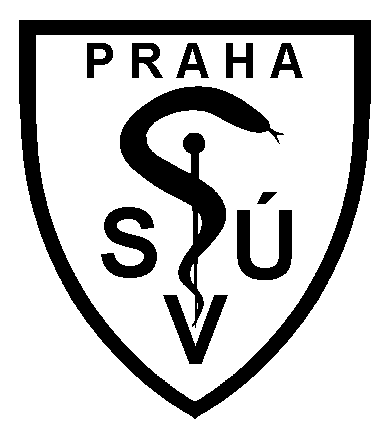 STÁTNÍ VETERINÁRNÍ ÚSTAV PRAHA SÍDLIŠTNÍ 13624 165 03 PRAHA
STÁTNÍ VETERINÁRNÍ ÚSTAV PRAHA SÍDLIŠTNÍ 13624 165 03 PRAHA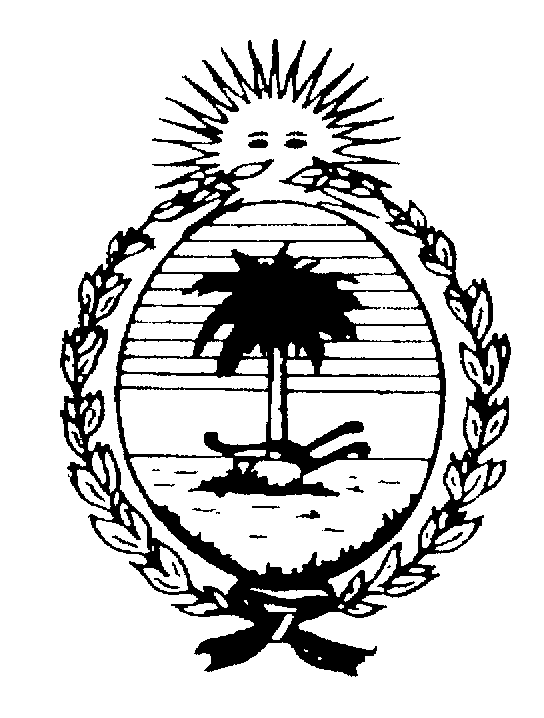 “2018 AÑO DE LA CONCIENTIZACIÓN SOBRE LA VIOLENCIA DE
“2018 AÑO DE LA CONCIENTIZACIÓN SOBRE LA VIOLENCIA DE REGISTRO DE INSTALACIONES ELÉCTRICAS DE BAJA TENSIÓN Nº REGISTRO
REGISTRO DE INSTALACIONES ELÉCTRICAS DE BAJA TENSIÓN Nº REGISTRO